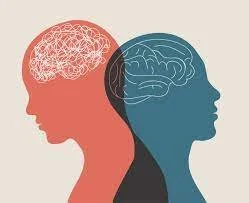Research on emotions has greatly benefited from appraisal theories, which argue that the elicitation of emotion depends on the interpretation of the situation. Interestingly, the same approach has been used to understand when and why a person uses/abuses drugs and how the same drug can have different effects on the user based on the user’s interpretation of the drug’s effects. This blog discusses the commonality in perspectives used to understand and explain two separate phenomena, emotions, and drug use/abuse, in two separate disciplines of psychology and sociology.
The Curious Case of the p-value
The p-value is a fundamental statistical measure used in research to assess the evidence against the null hypothesis. Despite its widespread use, the p-value has sparked concerns due to its susceptibility to misinterpretation and misuse. This article discusses the role of p-values in research, their limitations, and proposed alternatives for robust statistical inference.
Hook, Line, and Swipe: Comparing Fish Mating and Human Dating
Fish exhibit diverse courtship and territorial behaviors, such as the vibrant displays of cichlids and the nest-building of gobies. Similarly, humans navigate the digital dating scene, curating profiles to attract mates and signaling commitment through social media. Both species balance honest and deceptive signals to maximize their chances of romantic success, which highlights the universal themes in courtship and mate selection.




